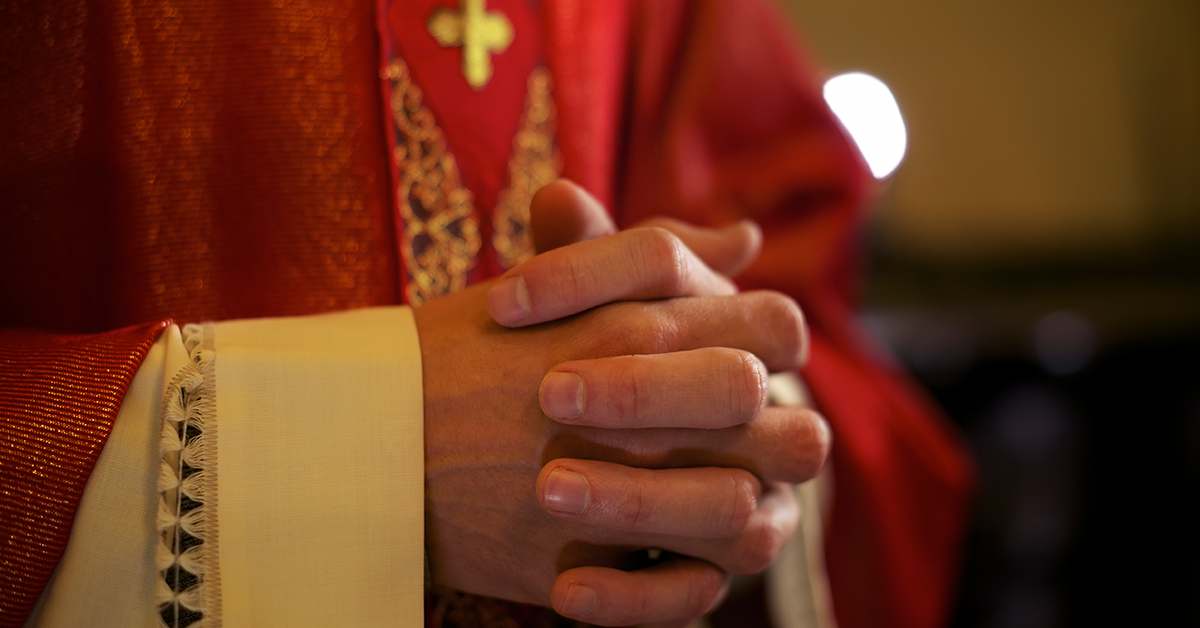
Peers this week debated a law proposing to extend priority entry to the House of Lords for women bishops over men. Several peers used the opportunity to challenge the fact that bishops are in the House of Lords at all.
When women bishops were first introduced in 2015, a law was passed that gave women bishops priority entry to the Lords over their male colleagues for the next ten years, in order to try to make the 26 bishops in the Lords more gender-balanced. However, as of today, only six of the bishops are female. As a result, the Government-proposed Lords Spiritual (Women) Act 2015 (Extension) Bill seeks to extend the preference of women bishops entering the House of Lords over more senior male bishops for a further five years.
However this does not fix the more fundamental issue of the inherently discriminatory and unequal practice of having 26 seats in our legislature given by right to the clergy of the established religion. This is a practice shared, out of sovereign states, only by Iran.
The role of the bishops faced fierce criticism in the chamber, with All-Party Parliamentary Humanist Group (APPHG) member Lord Birt described the bishops as a ‘feudal legacy, embedded centuries before the notion of democracy gathered pace.’ He also raised the fact that we are an increasingly diverse and non-religious country. In fact the 2021 British Attitudes Survey found that over half the population were non-religious. APPHG member Lord Scriven also pointed out there is strong public support around removing bishops from the Lords, in fact 62% of the British public support their removal.
Speaking about the Bishops in the House of Lords, Lord Birt said:
‘My Lords, the reality is that we are now an incredibly diverse society, a society comprised of people embracing many faiths and none. And we should not embark on a long-overdue radical reform of this House without recognising that fact; and without recognising that embedding the Church of England in our legislature is an indefensible, undemocratic anomaly…
‘That said, my Lords, the greatest strength of this House is its diversity, its range of expertise, perspective and experience. I have the great possible respect for the individual qualities, for the inherent goodness of leaders I have met in my time from many faiths… And I would hope and expect to see faith leaders of every kind represented in a reformed House, but appointed on individual merit, not as exercising a right existing in one form or another for half a millennium.’
Baroness Brinton, a Christian, also queried the bishops, saying, ‘Surely this [Bill] is avoiding the well-overdue question of how many bishops, if any, should be in Parliament—a matter last considered in 1878.’
The Government has committed to making the House of Lords a democratic chamber and it is therefore hoped that the current legislation is just a stopgap measure, meaning that, while the bishops remain, women bishops get priority – as opposed to any endorsement of their ongoing presence. As part of democratising the Lords it has made the welcome first move to remove the hereditary peers,. Humanists UK hopes the bishops will be next, as after the hereditary peers are gone only they and the life peers (appointed by the political parties or on merit) will remain. The bishops will therefore stick out like a sore thumb.
Humanists UK Director of Public Affairs and Policy Richy Thompson commented:
‘No modern democracy should have reserved places in its legislature for one particular denomination of one religion. It is time that this undemocratic and discriminatory arrangement is consigned to history where it belongs. Both parliamentarians and the public alike support this move and we look forward to working with the Government when it gets around to this reform.’
Notes
For further comment or information, media should contact Humanists UK Director of Public Affairs and Policy Richy Thompson at press@humanists.uk or phone 0203 675 0959.
Read more about the Bill and the latest debate.
Read more about our work on bishops in the House of Lords.
Humanists UK is the national charity working on behalf of non-religious people. Powered by over 120,000 members and supporters, we advance free thinking and promote humanism to create a tolerant society where rational thinking and kindness prevail. We provide ceremonies, pastoral care, education, and support services benefitting over a million people every year and our campaigns advance humanist thinking on ethical issues, human rights, and equal treatment for all.
